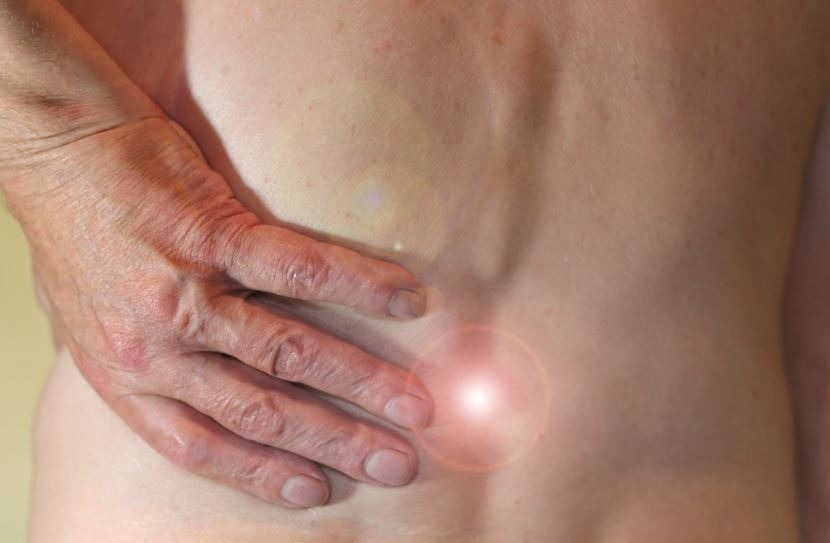Did you know that 2% of the total American population suffers from scoliosis? This means that one out of 40 people has it. A scoliosis is a form of spinal deformity that can affect anyone from infancy to adulthood. In this guide, we cover the basics regarding scoliosis and the dangers you may not know about.
Scoliosis symptoms include uneven shoulder blades, hips and waist, and vary depending on the magnitude of the curve. While some cases can be very mild and may not require treatment, experts at https://www.align-clinic.com/ claim that it is difficult to detect unless you have it professionally checked. Then, treatment can commence – which may or may not include specialized scoliosis back brace. However, leaving scoliosis untreated can lead to a lot of problems that may affect your quality of life.
Scoliosis and Pain
The pain that people with scoliosis experience varies on a case to case basis. However, the occurrence of back pain is extremely high among people living with scoliosis. Hip pain and back leg pain are also common. The reason behind this is because scoliosis puts extreme pressure on your spinal discs, nerves, ligaments, muscles, and joints. It also makes your back muscles more prone to painful spasms and inflammation of the surrounding muscles.
Lung and Heart Problems
In severe cases of scoliosis, it can force the ribs against your heart and lungs, which leads to difficulty in breathing, chest pains, and other lung or heart function. It also lowers oxygen levels in your body as the condition makes it difficult for your heart to pump blood. This also causes a protruding rib and heart failure. Although it may not directly cause death, having severe scoliosis can make you more prone to pneumonia and lung infection.
Fatigue
Due to the uneven distribution of pressure on your body, scoliosis can make you more prone to stress and fatigue. Merely standing or sitting for a long time can wear you out easily if your scoliosis worsens.
Reduced Height
Another possible problem with scoliosis is the loss of height. Without a straight spine, you will not reach your actual height. Experts have even found that scoliosis can cause a delay in skeletal age among boys and a delay in puberty among girls. This may not be a chronic or life-altering condition, but it is still better to have this treated early on especially if your scoliosis is getting steadily worse.
Mobility Issues
Depending on the severity of your scoliosis, it can lead to total mobility impairment. People with scoliosis may find it difficult to stand up or sit down. It can negatively impact your leg muscle coordination, making it more difficult to walk. Scoliosis is even more dangerous to adults as it affects the alignment of your body and may eventually lead to degeneration that may make walking difficult or ultimately impossible.
Nerve Damage
Severe cases of scoliosis can lead to nerve problems. It can cause pressure or irritate the nerves in your spine and may lead to several health problems like weakness or numbness of your legs. This can also lead to loss of bowel and urinary control. For men, erectile dysfunction is also a possibility.
Muscular Imbalance
A curved spine can cause one side of your back muscles to be weaker. It can cause excruciating pain and discomfort. If you engage in sports or other physical activities, a muscular imbalance can severely affect your athletic performance. Muscular imbalance weakens your muscle strength, balance, and stability. It can also make you more prone to injuries
Digestive Problem
Did you know that scoliosis can also lead to digestive problems? As the curve of your spine worsens, food may also get blocked from entering your intestines. Your pancreas, kidneys, and bladder may also be affected. In turn, this may cause you to suffer stomach pains, irritable bowel, syndromes, acid, reflux, heartburn, and constipation.
Emotional Side Effects
Studies have shown that an alarming 40% of people with scoliosis have suicidal thoughts. Scoliosis does not only impact physiologically; it also negatively affects your emotional health. Long term psychological distress poses a threat to those who suffer from scoliosis. As scoliosis can affect one’s body image, it can lead to anxiety, negative self-talk, low self-esteem, depression, and personality disorders. Studies have also found that the condition lowers one’s participation in social activities and difficulty in finding and securing a job.
A lot of health problems can arise from scoliosis. It can affect you physically and emotionally. However, scoliosis can be prevented and reversed by wearing corrective braces, undergoing surgery, and practicing specialized exercises. To avoid other inconveniences, it is best to have it treated right away.


